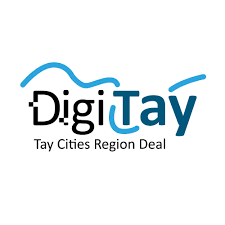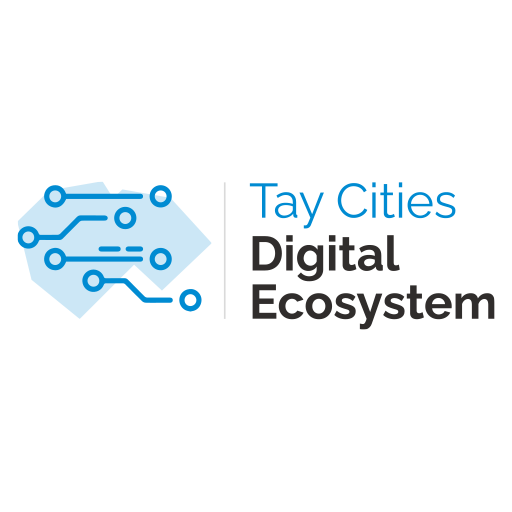

Robyn Steven, is the Project Manager for the Digital Skills Project within the Regional Employability Skills Development Program as part of the Tay Cities Region Deal. Robyn has dedicated 20 years of service to the Local Authority (Fife Council), gaining experience in various sections before taking up the post of Project Manager for the Digital Skill project in April 2024. Robyn has been a part of a number of project teams including CycleFife and the Levenmouth Reconnected Program, Robyn is recognised for her exceptional organisational skills and “can-do” positive attitude.
Throughout her career she has continued with education including SVQ’s, a HNC and a HND in Administration and Information Technology, before completing her biggest accomplishment a Bachelor of Arts Degree in Business Management in 2018.
Robyn lives in Levenmouth with her partner and cockapoo, Roxi. She likes to keep fit by walking and going to Boogie Bounce classes. Robyn is passionate about driving the Digital Skills Project forward and contributing to the growth and development of the digital economy within the Tay Cities Region.
DigiTay:The Tay Cities Digital Skills Project
The Tay Cities Region Deal Digital Skills Project, also known as DigiTay, is part of a £20 million investment under the Regional Skills and Employability Development Programme, funded by the Scottish Government. It is part of the Tay Cities Region Deal a partnership between local, Scottish and UK governments and the private, academic and voluntary sectors which seeks to create a smarter and fairer region. The Project was awarded over £1.5m of government funding, over a 3 year period to support inclusive economic growth and the digital labour market throughout Angus, Dundee, North East Fife and Perth & Kinross.
Our DigiMission
Our mission is to address the digital skills gap across the Tay Cities Region by supporting individuals access digital skills training and working with businesses and organisations to plug their digital skills gaps.
The project aims to:
Understand and satisfy businesses’ digital and data requirements in the region, across all sectors not just the technology industry.
Identify and plug the digital skills gaps where they exist across the region.
Embed skills, supporting digital and data-driven innovation across a wide range of sectors, enabling businesses to adapt and compete in a future digital economy.
Increase opportunities for specialist roles within the Digital and Creative Industries.
Create an unrivalled talent pool across the region.
